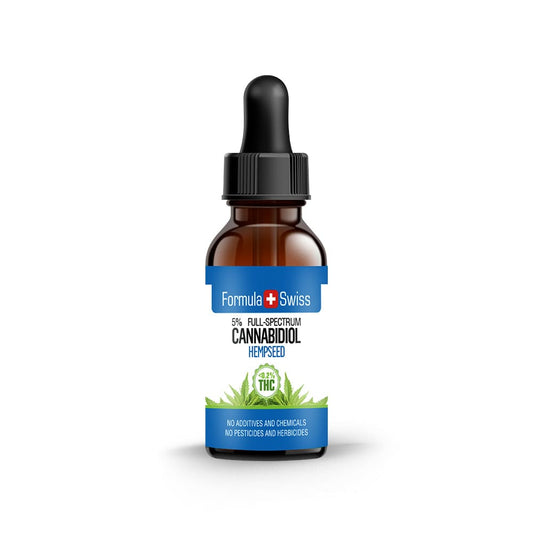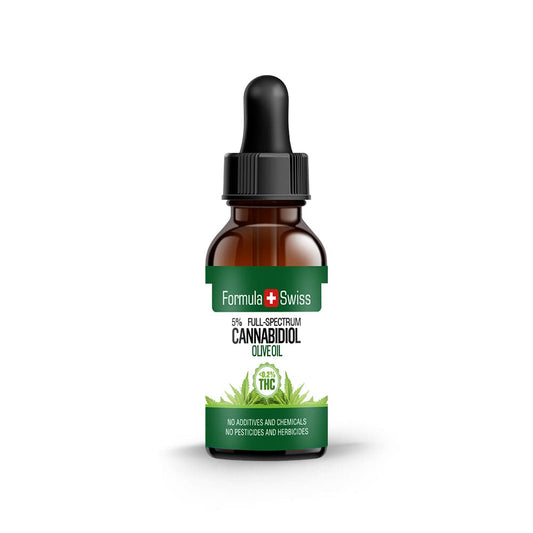Hemp, scientifically known as Cannabis sativa, is a plant that has been utilised for centuries and has gained increased attention in recent years due to its versatile applications and sustainable potential. Remarkably versatile, almost all parts of the plant can be used, from the fibres and seeds to the flowers. Moreover, hemp boasts an impressive sustainability record, thriving with little water, without the use of pesticides and herbicides, and with a comparatively short cultivation time.

Hemp in Various Industries
The use of hemp as a resource spans a wide range of industries, including construction, textiles, food, cosmetics, energy, and packaging. Hemp fibres can be processed into robust and durable materials that serve as sustainable alternatives to conventional building materials in the construction industry. In the textile industry, hemp fibre is used as an ecological alternative to cotton, as the cultivation of hemp requires less water and chemicals compared to cotton.
Historical Background and Current Legal Development
Hemp has a long history of use as a versatile and sustainable resource. Thousands of years ago, hemp was used for the production of textiles, paper, and ropes. In some cultures, hemp also had medical and spiritual significance. However, due to "misunderstandings" and political decisions, restrictions and bans were introduced for the cultivation of hemp. The association of hemp with the psychoactive substance THC led to hemp being classified as illegal in many countries.
Hemp in the Construction Industry
Hemp fibres offer a promising alternative to conventional building materials in the construction industry. The long and robust hemp fibres can be used to manufacture various building products. Compared to conventional materials like wood or concrete, hemp fibres exhibit some outstanding properties. They are lightweight yet resilient, offering high tensile strength.
Hemp in the Textile Industry
Hemp is increasingly seen as a sustainable alternative to conventional cotton. The cultivation of hemp requires significantly less water and pesticides compared to cotton. Hemp plants can grow more efficiently and thrive in various climates. Moreover, hemp is a robust plant that is less susceptible to diseases and pests, further reducing the use of chemicals.
Hemp in the Food Industry
Hemp seeds are considered a superfood due to their high nutrient content. They are rich in proteins, fibres, essential fatty acids, vitamins, and minerals. In particular, hemp seeds contain a high concentration of Omega-3 and Omega-6 fatty acids, which have a positive effect on heart and brain health. Moreover, hemp seeds provide essential amino acids that the body cannot produce on its own.
Hemp in the Cosmetics Industry
Hemp oil has established itself as a popular natural ingredient in skin and hair care products. It is extracted from the seeds of the hemp plant and is rich in essential fatty acids, antioxidants, and vitamins. Hemp oil is used in a variety of products due to its numerous positive properties.
Hemp as a Renewable Energy Source
Hemp biomass has significant potential for the production of biogas and bioethanol. Through the fermentation of hemp biomass, methane gas and bioethanol can be produced, which can be used as renewable energies. The high cellulose content in hemp plants allows for efficient conversion into biofuels, contributing to a more sustainable energy sector.
Hemp in the Packaging Industry
Hemp-based packaging materials are emerging as a sustainable alternative to conventional plastic packaging. Hemp fibres can be processed into biodegradable packaging materials, reducing the environmental impact of packaging waste.
Conclusion
With its versatile applications and sustainable potential, hemp is poised to play a significant role in various industries. As we strive towards a more sustainable future, the cultivation and use of hemp as a resource can contribute significantly to this goal. The potential of hemp as a sustainable resource is vast and largely untapped, and its future looks promising.






